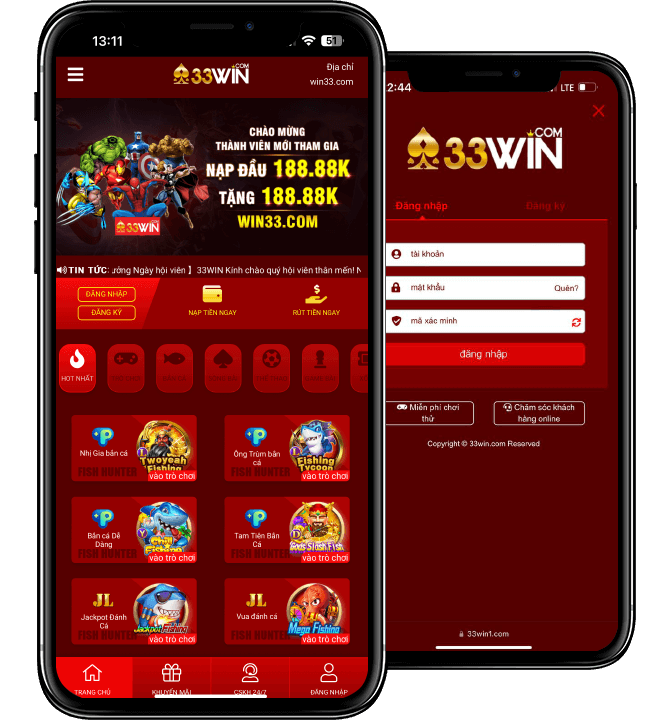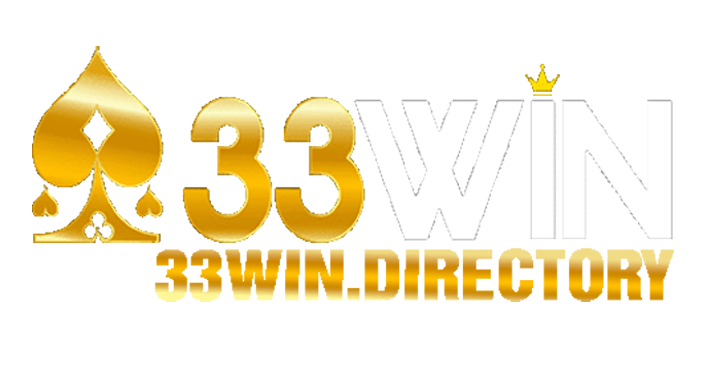Những Tính Năng Nỗi Bật Của Nhà Cái

Chương Trình Ưu Đãi Đầy Hấp Dẫn
Thấu hiểu mong muốn của người chơi và sở hữu tài chính vững mạnh, 33win thường xuyên triển khai chương trình khuyến mãi hấp dẫn nhằm mục đích tri ân sự ủng hộ của hội viên. Dưới đây là một số ưu đãi hot nhất tại sân chơi này:




Trải Nghiệm Tải APP 33WIN Tuyệt Vời



ỨNG DỤNG
Tải app 33win cho điện thoại của bạn để trải nghiệm game tốt hơn và an toàn hơn, ứng dụng hỗ trợ tất cả các sản phẩm: Trò chơi, nổ hũ, bắn cá, thể thao, casino, game bài và xổ số.
Những Đối Tác Đồng Sáng Lập 33Win
Vincent Ralph
Đây chính là một trong những đói tác đầu tiên đã giúp tạo ra thương hiểu 33win được nhiều người biết đến như ngày hôm nay.
Anatole Bellamy
Đây chính là một trong những đối tác trẻ tuổi nhất của 33win. Đã góp phần giúp nhà cái ngày 1 phát triển và uy tín nhất.
Augustus Tran
Đây chính là chủ chốt tạo ra được những sản phầm vô cùng hấp dẫn đem đến cho người chơi. Không những thế mà còn chất lượng và bảo mật.
Thông Tin Địa Chỉ Nhà Cái 33Win
Người chơi có thể tìm đến trụ sở chính của 33win.directory thông qua địa chỉ Google Map dưới đây:
📍 Địa Chỉ 1: 202 Giồng Cát, ấp Chợ, Củ Chi, Hồ Chí Minh, Việt Nam
📍 Địa Chỉ 2: 4 Đường số 3B, Tân Tạo A, Bình Tân, Hồ Chí Minh 70000, Vietnam
Link truy cập vào địa chỉ Google Map: https://maps.app.goo.gl/x4h3BgEZdBdptawP6



